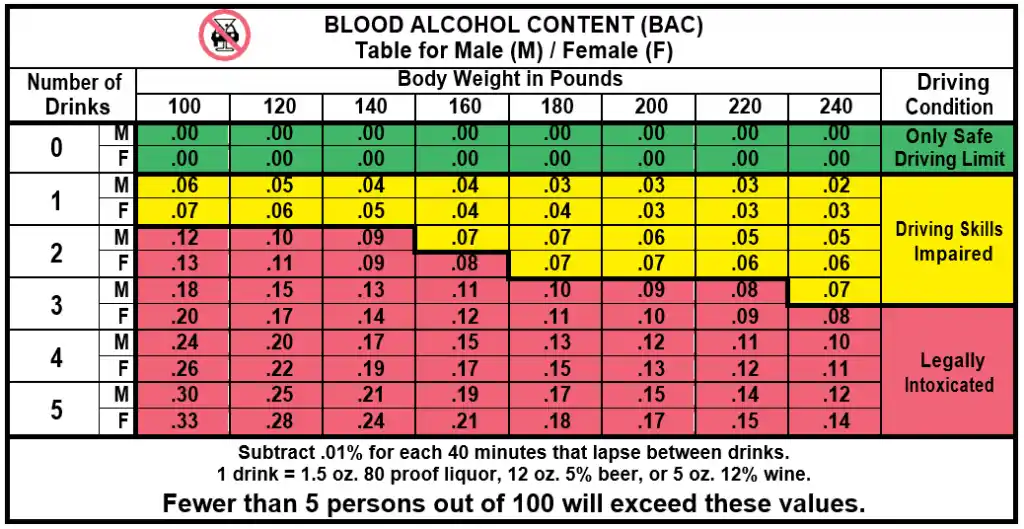
How to Avoid Over Serving Alcohol as a Bartender
Many people aspire to become a bartender. However, to work in the service industry, you should adhere to many laws and regulations for the safekeeping of your reputation and customers. Many Dram Shop and overserving laws make the alcohol-serving establishment liable to any damages from the overserved customer.
And although the laws fine the commercial establishment responsible for this, the bartender can also be held liable for breaking the law. Learning how to avoid over-serving will keep your job and everyone safe.
Why is Responsible Serving Necessary?
Responsible serving becomes necessary to protect your establishment from legal liability that a drunk person or victim can sue you with. Responsible serving protects you from losing your job, lawsuits, and other implications due to intoxicated customers.
Here are a few things you need to remember while serving alcohol
- Know Your State Serving Laws: The rules in every state are different when it comes to serving alcohol. As a bartender, you should know the laws governing alcohol serving in your state. Moreover, if you haven’t already received TIPS certification, you can ask your manager to enroll the entire staff in such courses. TIPS can be very beneficial to the servers and the establishment if any accident occurs due to a drunk person.
- Keep Track of Drinks: You must count how many drinks you have served to every customer. A drink refers to the standard serving size of every alcohol- a 12 ounce glass of beer, a 5 ounce glass of wine, a 1.5 ounce of 80 proof shot of vodka, and so on. There are rules on how much you can serve a person, and you should adhere to them. Moreover, keep a close eye on the patrons who are showing signs of intoxication.
- Watch Out for Intoxication Signs: Many people do not know the limit of consuming alcohol. You should be on the lookout for intoxication signs and ask the person to stop drinking immediately. You should also help them to get over their state before they leave your establishment. Some signs of alcoholic intoxication include slurred speech, difficulty making decisions, stumbling, vomiting, changed behavior, loss of consciousness, and delayed reactions.
- Cutting Off Intoxicated Customers: You should be aware of every patron you attend to and when to stop them from consuming more alcohol. You should persuade them while not embarrassing them of the situation, however challenging it can be. Be subtle in your way of talking, so the patron does not feel intimidated and escalate the case further. You can serve the customer with complimentary lemonade or close the tab with positive comments. If you cannot cut off an intoxicated customer, you can call your manager to help. Make sure the customer leaves your place with a cab or a safe ride home.
About A+ Server Education
If you are looking to get into an alcohol certification course, enroll yourself into A+ Server Education. With over 15 years of experience, you can trust us to empower you with the knowledge you need to get your permit. If you have any questions about our training courses, reach out to us by calling (503) 740-5509 or our toll-free number (877) 740-5509 or contact us for more information.



